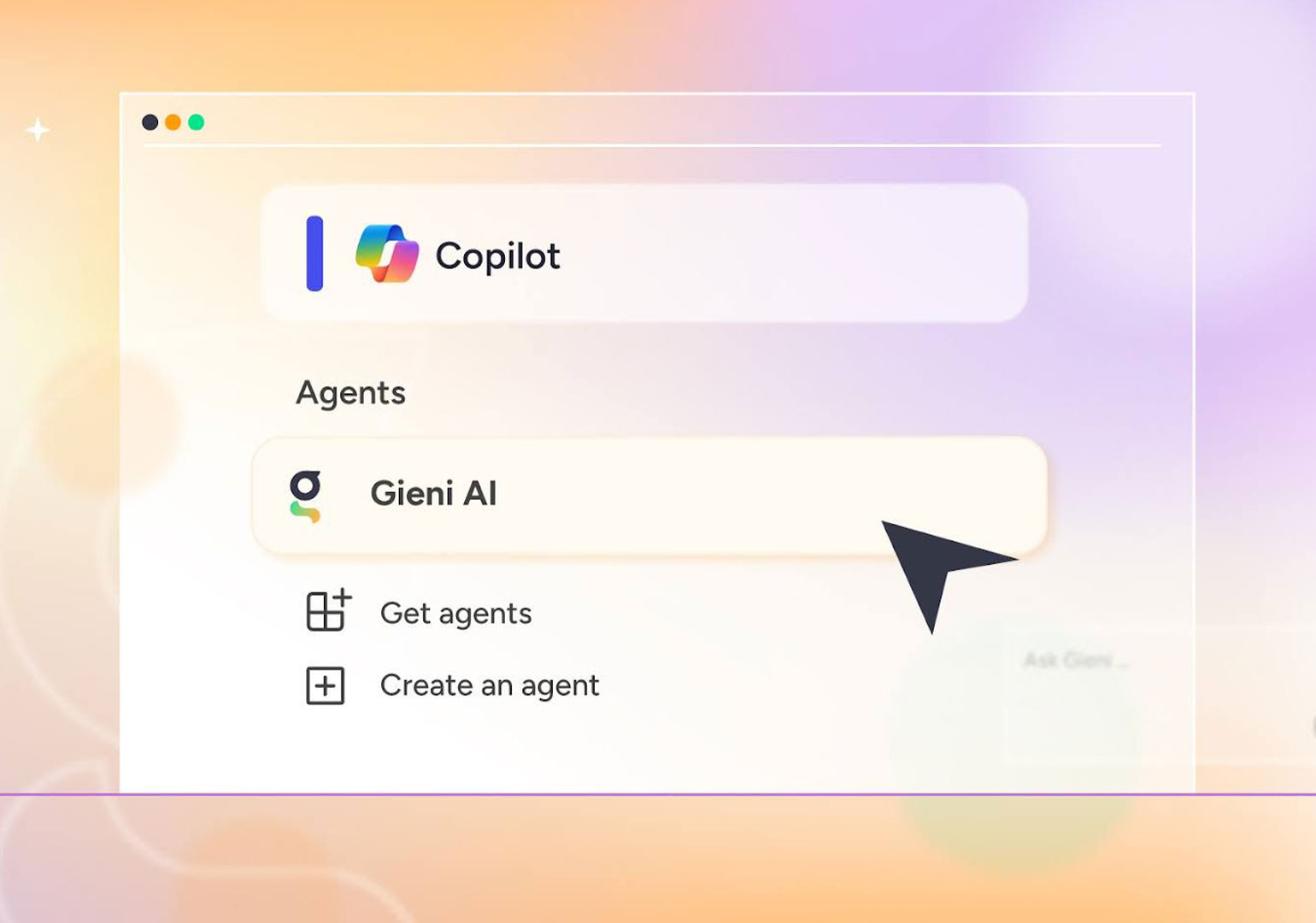Author: Vivienne Ashford
Photo Courtesy of: Orderfox
At Microsoft Build 2025, while much of the spotlight was on consumer-facing innovations, a notable enterprise development came from Microsoft’s ongoing collaboration with Swiss AI company Orderfox, which plans to reshape the landscape of B2B market intelligence.
Fragmented Intelligence, Billion-Dollar Opportunity
The market research industry, valued at approximately $36.6 billion in the U.S. alone for 2025, has long been dominated by traditional consultancies and platforms offering static reports. In contrast, Gieni AI delivers real-time insights generated through a combination of semantic search , zero-shot classification, and a custom vector database. It parses more than 380 million web pages, aggregating close to 7 million company profiles, turning disjointed data into tailored intelligence embedded directly in a company’s existing tech stack.
At the same time, the manufacturing sector, Orderfox’s initial market, continues to reel from disruptions. According to the National Association of Manufacturers, U.S. manufacturers are forecasted to face 1.9 million unfilled jobs by 2033. With global supply chains still recovering and demand for real-time insights increasing, the need for decision-grade information has become urgent.
“By integrating Gieni AI with Microsoft Copilot, we’re empowering businesses to make smarter, faster decisions directly within their daily workflows, turning data into a competitive advantage like never before,” said Timur Göreci, Orderfox’s CRO.
Vertical AI Goes Mainstream
This partnership goes beyond user reach: Gieni AI is among the first tools built on Microsoft’s new Model Context Protocol (MCP), enabling vertical AI agents to autonomously access external data sources, perform actions, and interact with other AI agents.
In essence, the integration turns Gieni AI into a market analyst that lives inside Microsoft Word, Outlook, or Teams, answering context-specific questions like “Which Indian EV battery suppliers are ESG-compliant?” or “Who are the fastest-growing competitors in European logistics?” in real time.
The result is what Orderfox CEO Derek Tanner calls an AI-powered platform for decision-making. “The future of business intelligence isn’t only about building new tools. It’s about making sure the right data and answers are directly available when and where you need them most.”
From Matchmaker to Market Shaper
Orderfox’s rise didn’t begin in market research. The company was founded in Zurich as a digital CNC procurement platform, essentially a B2B matchmaking service. Its Partfox network matches CNC part buyers with manufacturers, facilitating deals without commission fees. But it was Gieni AI that moved the company from a procurement tool into the broader conversation on industrial intelligence.
What followed was a deepening of capabilities. Gieni AI evolved from the CNC and manufacturing industry, now catering towards many different industry verticals and is now what its creators call a “white-collar automation” platform, designed to give companies and enterprises of all sizes access to information that once required expensive consultants or internal research teams.
Rewriting the Intelligence Playbook
Orderfox’s partnership with Microsoft signals more than just commercial success, it suggests a rethinking of what intelligence means in enterprise settings. Traditionally, data analytics were siloed within departments or tools. With vertical AI like Gieni, that intelligence becomes omnipresent, continuously learning and adapting based on user context.
“Our partnership with Microsoft brings unparalleled B2B market intelligence to Copilot users, streamlining research and delivering actionable insights in seconds, not weeks,” said Göreci.
For Microsoft, the value is equally clear: it gains a best-in-class partner that aligns with its ambitions to make Copilot a research staple across industries.
What Comes Next for Orderfox and Gieni AI
While the current focus is on embedding Gieni within Microsoft 365 Copilot, executives from both companies have hinted at future expansions. These could include deeper integrations with Microsoft Azure, industry-specific Copilot Studio environments, and broader availability in emerging markets such as the Middle East and Southeast Asia.
Still, the company seems ready. In a quiet moment after the announcement, Tanner summed it up: “The future of business intelligence isn’t about building new tools. It’s about making sure the right answers show up when you need them most.”
If Gieni AI delivers on its promise, the Microsoft deal won’t just be a technical success. It may mark a turning point in how the B2B world thinks, acts, and grows.
S














